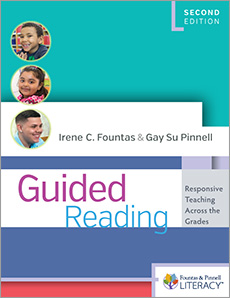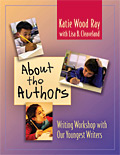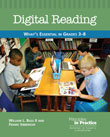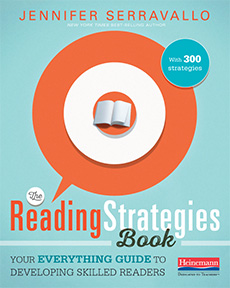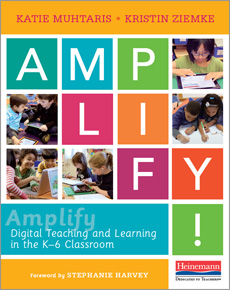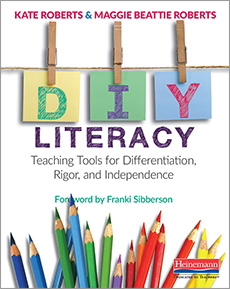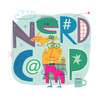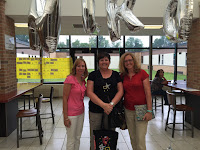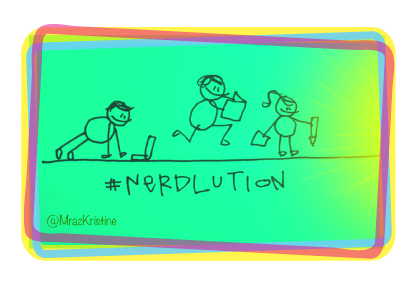What About Chapter Books?
This post was inspired by
Laura Komos. You see, this morning I was catching up on blogs. Wait, who am I kidding, I'll never get caught up with blogs. Anyway I came across a post at Laura's,
Our Camp Read-a-Lot blog titled:
Rights of Passage: Chapter Books. First of all, I have to say that I really enjoyed this post. It was so honestly written and generated such thoughtful responses. I too began to comment, but soon realized I was practically leaving a post in Laura's comments. So I decided instead to come here to participate in Laura's conversation.
The Challenge
Typically there comes a point in first grade where chapter books start rolling in from the library. Everyone soon is carrying one around the classroom or leaving them near her/his mat so others can see the new books that they "are reading." The concern most teachers have is that students often aren't ready for books that are so much longer, have much more difficult vocabulary, have more complicated structures and require a developed set of reading strategies to read for understanding. Typically even my higher readers, though they can read all the words, may have difficulty comprehending the richness of these books.
While I share these concerns I don't stress too much when this happens as I expect it each year. I am, however, saddened by this move to chapter books because
if we are not careful young readers are all too soon leaving picture books behind. Sometimes it seems we rush children through childhood, and that to me is a little discouraging. There are so many beautiful pictures books that cause us to pause, to rethink our worlds, and fill us with joy. There are picture books that keep intermediate readers thinking at the end of the day. Of course, there is a point where young readers need to learn to develop strategies for reading books with chapters. There is a point where young readers need to build stamina for reading for longer periods of time and following more developed plots in their reading.
The Developing Reader
Truthfully, if we watch carefully, students may be carrying these books around, but they don't really spend much time with them. I rarely see a book that is too challenging last more than three days. Even more importantly, when a book is too challenging, I rarely see students spend their entire reading time with it in reader's workshop. The concern is always the emergent reader who is reading a book meant more for a transitional reader. (
Beyond Leveled Books by
Franki Sibberson and
Karen Szymusiak is perfect for thinking about this transition. It's a must-read.) For me, I just can't say to a child they cannot read a book. Often these are the children struggling to find their place in the reading community.
Struggling readers (and I'm never a fan of that term as we're all in a different place in everything so for the rest of this post I will be calling them what I believe they are - developing readers) know reading is harder for them than their peers. They see the difference in the books, and they just want to be a part of it all. These developing readers are always our concern. I always ask myself these questions for developing readers carrying Harry Potter around the room:
- How long have they had this book?
- Is it the only book they're reading during reader's workshop?
- Are they still spending time with books at an appropriate level during their day? (perhaps in small group instruction, in shared reading, in other parts of the day)
- Is the reader taking home a books that will be of the appropriate challenge?
As a reader myself, I am constantly reading books that are a bit too challenging. If I could only read books by level I'd be in trouble. (If you are an
NCTE member you might want to read
Brenda Power's article,
Leveled: Fiction That Could One Day Be True.) As readers we take what we can from the books we read. I try to respect these young readers the way I would respect a friend who decides to take on
War and Peace. If I am more concerned I make intentional adjustments in my instruction by bringing a different book over to read/confer, include the child in small group instruction, or a few other book enticing tricks I've learned over the years. In other words, I give it time, and almost always that is enough.
Balancing Reading
Of course, there are a few other things I do to keep children focused on picture books and books that are a good match for them as readers. I
keep parents informed. I try to remind parents of the importance of picture books and all it can teach young readers. I talk a lot about the joy of the story and the time they spend together. I know parents are excited about chapter books like they were about their children learning to walk so I remind them how wonderful it is to read chapter books
to their young children so they can talk together about the story.
In our classroom we
talk a lot about a balanced reading diet. As readers, it is good to read a variety of types of books and a variety of types of challenge. We talk about books that help us to learn and grow as readers. These conversations develop across the year in first grade because at the beginning of the year students can almost tell by looking at a book how hard it will be (font size, number of words, etc. are key characteristics early in the year). However, as we move toward the end of the year we can be surprised by the ease and challenge of a book.
In
our classroom library I try to keep mostly picture books though you'll find appropriate chapter books in some of our baskets and in the character section of our library right now. They do not hold a special place in our library. We don't talk about them any differently than we talk about the other books in our classroom. A reader who is reading chapter books during reader's workshop is no more amazing than the reader with a stack of good stories sitting beside them. I try to be very careful with my words about chapter books and to any reader I talk to about any book in our classroom.
Perhaps the best tip for chapter books came from my friend and colleague,
Deb Frazier, a few years ago. As we talked about this very concern, she suggested we choose books to read to the class that were books we thought would fit many of the readers in our community. Since first graders (and other young readers) typically like to choose what we've read, it makes sense to be sure the chapter books we are reading aloud are the ones we want them to check out at the library. I like to begin with books like
Henry and Mudge,
Poppleton,
Nate the Great, and other books in which there are many books in the series for young readers to check out after we have read one or two together.
My Final Question
This actually brings me to my final question. Recently I came across
Penny's Song by Kevin Henkes. I was delighted to see a new beginning chapter book with a series possibility written by an author we already love. I know there have to be many more great beginning chapter books out there.
What new beginning chapter books have you discovered? I feel like I've fallen behind on many of these new titles and would love suggestions.
Please comment to share your thoughts about beginning chapter books.
